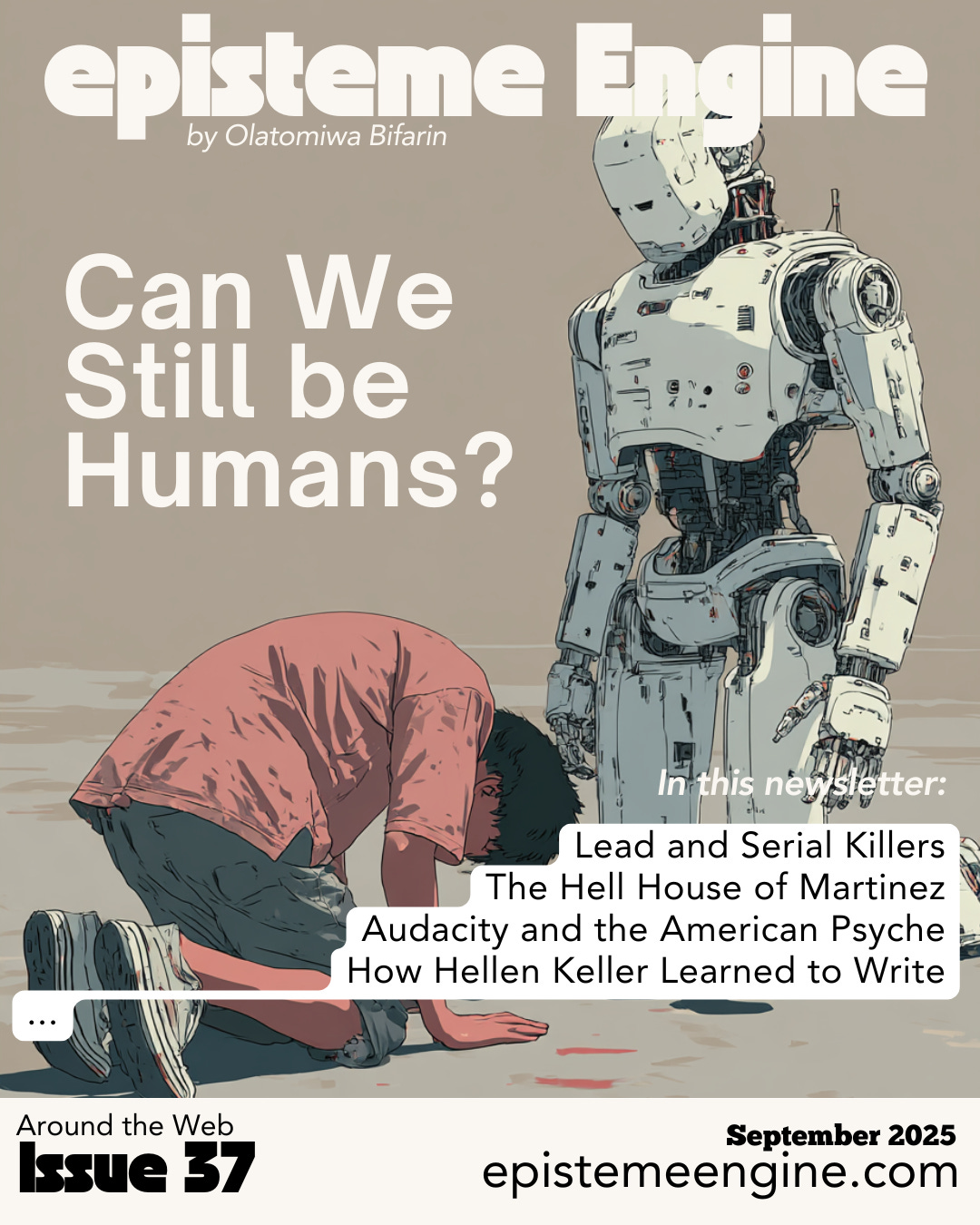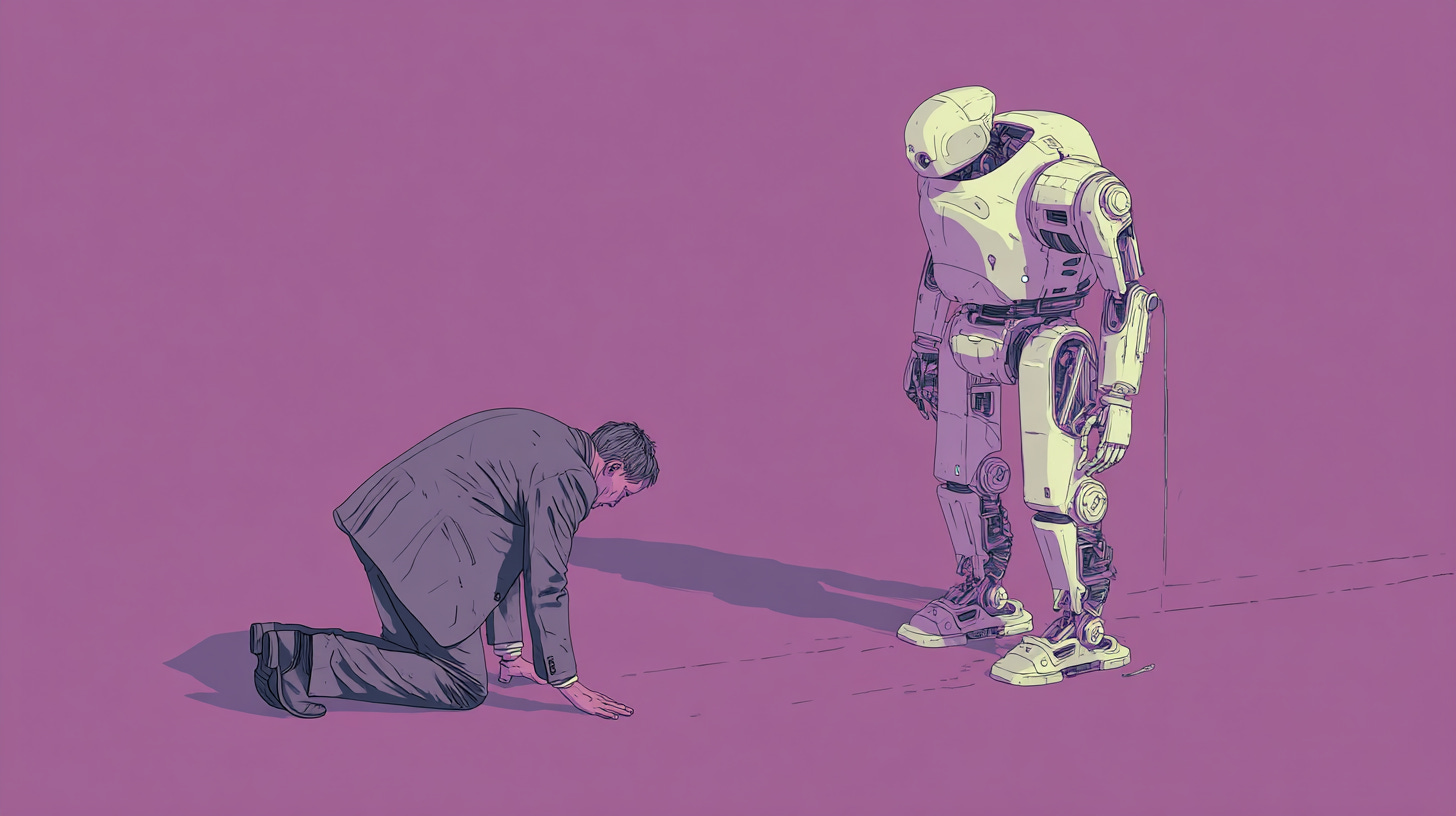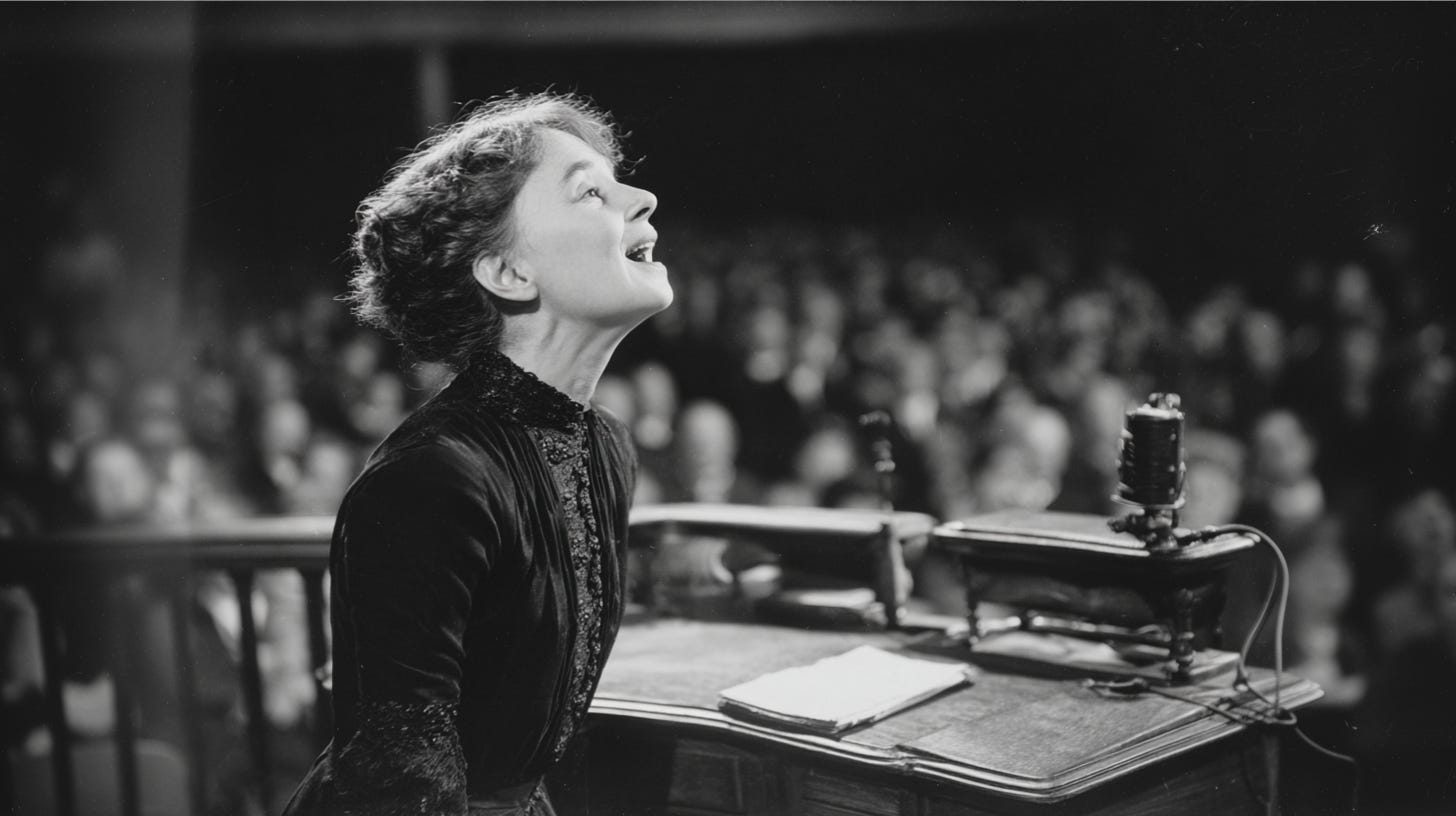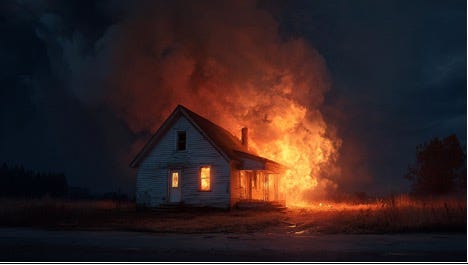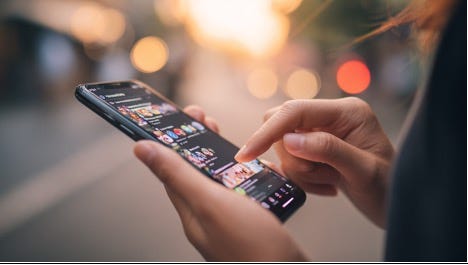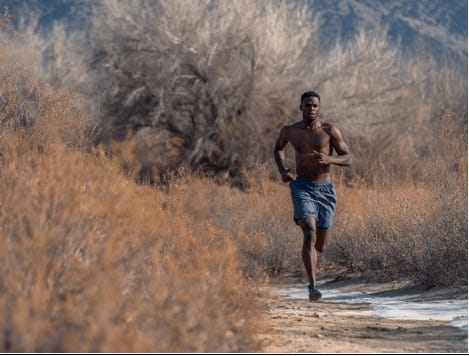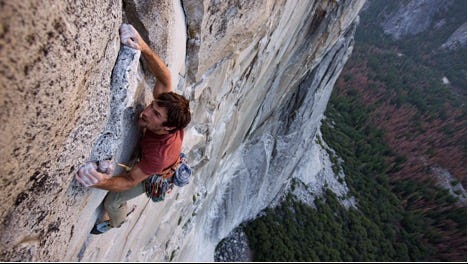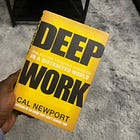My Other Publications:
I have recently started a new series on my AI blog called, “What I Listened to Last week” (WILLs), see my latest edition; my latest AI newsletter.
My latest academic work, using neural topic modeling and LLMs to map the landscape of a biomedical research field, was published in Analytical Chemistry in July.
I haven’t published a video essay in a while, but you can check my latest one here, it’s largely a philosophical commentary on Alan Lightman book, the Miraculous from the Material.
(For books I have read, reviewed, or currently reading, go to the end of the newsletter)
[Talking Points]
🎮GTA VI Trailer
👶4-year-old sings Hallelujah
💵Bribe collection by country
🦄There are now 498 AI unicorns.
🇳🇬Nigeria vs Ghana 2002 AFCON.
🚖Driverless taxi increase in California.
🗞Americans are no longer paying for news.
💻Key differences between Javascript and Python
💦Two billion people don’t have safe drinking water.
💵The U.S. added 1,000 new millionaires a day in 2024.
🤲Migrants’ remittances almost triple global foreign aid.
🚘More than 1 in 5 new cars sold worldwide last year was electric.
🇪🇺100 years ago, ~½ of today’s independent countries were European colonies.
[Longer Reads/Watch]
[I] 👦🏿Can You Still Be Human?
In his thought-provoking piece “Can you still be human?”, Iain McGilchrist sounds the alarm on the unprecedented threat AI poses to human dignity, freedom, and agency. He argues that technological advances—particularly in AI, surveillance, and monitoring—are being rapidly adopted under the guise of progress and convenience, yet risk enabling totalitarian control by governments and corporations, eroding civil liberties and reducing humans to mere cogs in a machine. McGilchrist warns against complacency and fatalism, urging readers to maintain skepticism, question the relentless march of technology, and safeguard what makes us truly human. In a world increasingly shaped by algorithms and bureaucracy, he calls for pushback: “The opposite of life is not death, but the machine. You are not a machine.”
My recent worry isn’t unlike some of Iain’s. I worry that how we treat humans in the world that appears to be looming will hinge squarely on a metaphysics of human nature. And it is no news that there are terrible ideas out there that undermine human dignity because of poor or plain wrong metaphysics, precisely one that could be even more vicious in a capitalist system where humans are essentially defined by their jobs, how much they earn, et cetera.
[II]: 🦯 How Hellen Keller Learned to Write.
In the essay I am writing at the moment, I am investigating people who lived in the most extreme of the human conditions, in terms of their senses, memory, or just plain hardship, and using their lives to stress test a philosophical conception of what it means to be a person. Long story short, I find myself reading this essay about Helen Keller.
In her essay, Cynthia Ozick (now 97 years old) examines the life of Helen Keller not simply as an inspirational figure, but as an artist who constantly battled accusations of inauthenticity. Ozick recounts how the brilliant and resilient teacher Annie Sullivan unlocked language for the young, feral Keller. This breakthrough, however, led to immense public scrutiny. At just eleven years old, Keller was accused of plagiarism over a short story, an event that Ozick presents as the first of many challenges to the legitimacy of her experience. Throughout her life, critics would dismiss Keller as a “living lie,” arguing that her use of visual language for a world she could not see or hear was a form of “verbalism”, parroting concepts rather than expressing genuine perception.
Ozick compellingly argues that these critiques misunderstand the very nature of imagination and art. Keller’s defense, which Ozick champions, was that her rich interior world was built from language and that “the bulk of the world’s knowledge is an imaginary construction.” Keller contended that her ability to describe a “flash of a swordblade” or “rainbow waters” was an act of the mind’s eye, the same faculty used by poets and writers throughout history. Ozick reframes Keller’s story from one of disability to one of profound artistic creation, asserting that Keller’s life serves as the ultimate proof that imagination is not a substitute for sight, but a powerful form of vision in itself.
[III]: 🔥The Hell House of Martinez
Occasionally I watch Jimmy Akin’s mysterious world, and I typically really enjoy listening in on his pod. One of the recent episodes I watched is the so-called “Hell House of Martinez”.
SPOILER ALERT!
He explores a case investigated by paranormal expert Lloyd Auerbach. In the 1980s, a family in Martinez, California, reported a series of strange phenomena in their home, including dizzy spells, noxious odors, flashes of light, and fireballs. The family believed the house was haunted, but Auerbach’s thorough investigation uncovered natural explanations for all the events. He discovered that the dizziness was caused by structural issues and low-frequency vibrations from nearby power lines, while the flashes and fireballs were the result of high static electricity interacting with methane gas from a nearby landfill. Auerbach’s investigation not only provided rational explanations but also helped the family get out of their lease and receive their money back due to the unsafe living conditions discovered during the investigation.
The episode also highlights the ‘paradoxical’ importance of paranormal experts in investigating issues like this because the family had been deflected away by psychologists who largely assumed that they were nuts, when in fact there was something there. A flesh and blood, paranormal expert in this case walked inside the building to essentially investigate what’s going on.
[IV]:🔫Lead and Serial Killers
An amazing podcast here on “lead‑crime hypothesis.”
The lead–crime hypothesis is the idea that widespread exposure to lead, especially from sources like leaded gasoline, paint, and industrial pollution, impairs brain development in children, particularly in areas related to impulse control, decision-making, and aggression. This neurological damage, which can be permanent, is thought to increase the likelihood of violent and antisocial behavior later in life. Studies have shown that trends in violent crime often lag about 20 years behind peaks in lead exposure, suggesting a generational effect: as lead levels in the environment declined after regulations in the 1970s–1990s, crime rates also fell. Book discussed: Murderland.
[V]: 🤳🏿How Social Media Shortens Your Life
Gurwinder unpacks how social media is quietly robbing us of our most precious asset, time, not only by swallowing hours in endless scrolls but by reshaping our very perception of time itself. Drawing parallels with the maze-like designs of casinos, Gurwinder wrote about how platforms engineer “curvilinear mazes” to keep us distracted, passive, and unable to form strong memories—shortening both our experienced and biological lives.
Social media’s endless, story-less feeds make days blur, disrupt sleep, accelerate aging, and heighten anxiety, but, I suppose there is hope: by intentionally seeking novelty, storytelling, and mindful habits, we can slow our rush through life and reclaim meaningful moments before they slip away. He reminds us that living longer isn’t just about more days, but fuller ones.
I haven’t read many essays on social media that are this well written.
[VI] 🗽David Brooks on Audacity, AI, and the American Psyche
Interesting conversation between David Brooks and Tyler Cowen.
[VII] 🏃🏿 Easy Habits to Make You Run Faster
I have been running a lot more lately. As I am writing this sentence in late August, I have run over 100 kilometers. So, I have been all crazed about how to run faster, or better.
In this video, a former elite triathlete Nicklas Røssner breaks down 12 actionable habits that can transform your running game and help you run faster. He covers everything from setting achievable goals and building mental toughness, to smart shoe rotation, self-efficacy, and the power of consistent training. He highlights often-overlooked secrets like training your gut for nutrition, including strength workouts, investing in high-quality gear, and embracing rest as a tool for longevity.
[VIII] 🧗🏿Free Solo
Nice podcast, and super inspiring documentary
https://films.nationalgeographic.com/free-solo
[Books/Papers 📚]
Book(s) recently completed:
Deep Work [Review]
What I am currently reading:
Ultralearning: Master Hard Skills [Link]
Reshuffle: Who wins when AI restacks the knowledge economy [Link]


